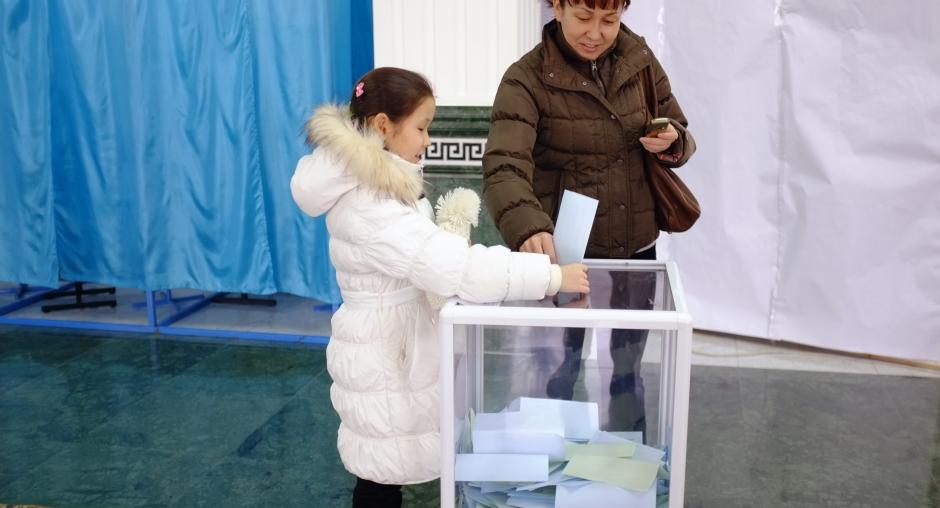Early Parliamentary Elections, 15 January 2012

Type:
Country:
Mission at a glance
- Head of Mission: Mr. Miklós Haraszti (Hungary)
- 15 core team experts from 11 participating States, based in Astana and Almaty
- 28 long-term observers, deployed throughout the country
Mission schedule
13 December: Mission opens
15 December: Arrival of long-term observers
16 December: Briefing of long-term observers
17 December: Deployment of long-term observers across the country
10 January: Arrival of short-term observers
11 January: Briefing of short-term observers
12 January: Deployment of short-term observers across the country
14 January: Familiarization by short-term observers with areas of observation
15 January: Election day
16 January: Press conference on preliminary findings and conclusions
18 January: Departure of short-term observers
22 January: Departure of long-term observers
27 January: Departure of the core team
The OSCE Office for Democratic Institutions and Human Rights (ODIHR) observed the 15 January early parliamentary elections in Kazakhstan. The OSCE/ODIHR Election Observation Mission (EOM) was deployed following an invitation from the Ministry of Foreign Affairs of Kazakhstan.
The OSCE/ODIHR Election Observation Mission (EOM) was deployed following an invitation from the Ministry of Foreign Affairs of Kazakhstan.
Long-term Observation
The OSCE/ODIHR EOM, headed by Mr. Miklós Haraszti, began work on 13 December. The EOM has a core team of 15 international staff at the head office in Astana and a liaison office in Almaty, drawn from 11 OSCE participating States. 28 long-term observers are expected to arrive in the country by 15 December and will be deployed in teams of two throughout the country.
The mission will assess these elections for compliance with OSCE commitments and other international standards for democratic elections, as well as national legislation. Observers will follow campaign activities, the work of the election administration and relevant state bodies, implementation of the legislative framework, and the resolution of election disputes. As part of the observation, the EOM will conduct comprehensive monitoring of the media.
Election day
OSCE/ODIHR has requested 400 short-term observers to be deployed immediately prior to election day. The short-term observers will be deployed throughout the country in multinational teams of two to monitor the opening of polling stations, the voting, the counting of ballots, and the tabulation of results.
For election day observation, the OSCE/ODIHR will join efforts with a delegation of the OSCE Parliamentary Assembly and other parliamentary partners. The OSCE Chairperson-in-Office has appointed João Soares as Special Co-ordinator to lead the short-term OSCE observer mission.
On the day after the elections, the Mission will issue a statement of preliminary findings and conclusions. A final report on the observation of the entire electoral process will be issued approximately eight weeks after the end of the observation mission.
